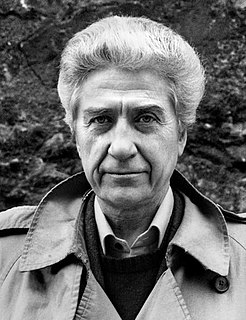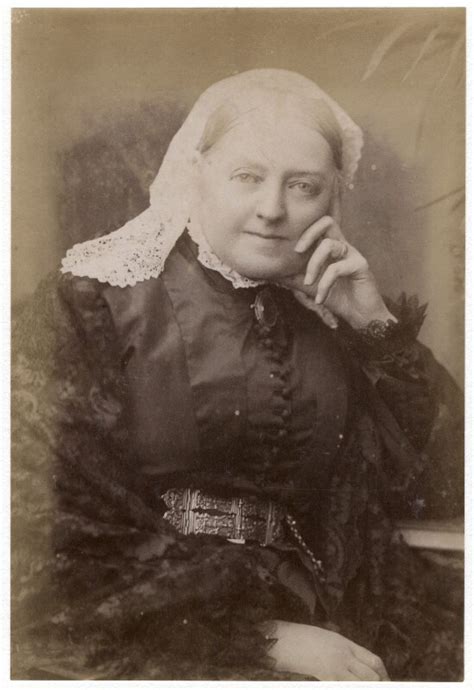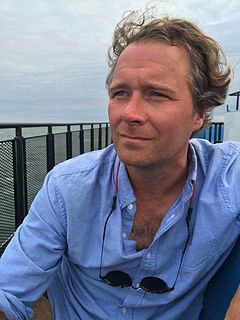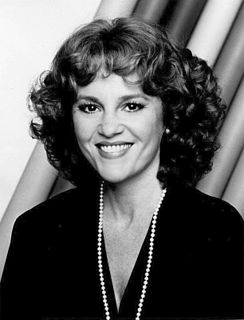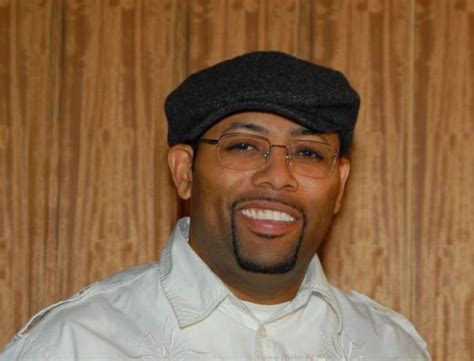A Quote by Paul Auster
To tell you the truth, I'm not unhappy about it. I'm not even sure that I like the idea of adapting novels into films. It's very difficult to do, and it usually doesn't work. There are exceptions, but generally speaking, one feels disappointed with the result.
Related Quotes
It's very difficult to measure the impact on policy of any investigative journalism. You hope it matters to let a little more truth loose in the world, but you can't always be sure it does. You do it because there's a story to be told. I can tell you that the job of trying to tell the truth about people whose job it is to hide the truth is about as complicated and difficult as trying to hide it in the first place.
It is a curious truth - and yet a truth forced upon us by daily observation - that it is not the women who have suffered most who are the unhappy women. A state of permanent unhappiness - not the morbid, half-cherished melancholy of youth, which generally wears off with wiser years, but that settled, incurable discontent and dissatisfaction with all things and all people, which we see in some women, is, with very rare exceptions, at once the index and the exponent of a thoroughly selfish character.
I like the idea of making films about ostensibly absolutely nothing. I like the irrelevant, the tangential, the sidebar excursion to nowhere that suddenly becomes revelatory. That's what all my movies are about. That and the idea that we're in possession of certainty, truth, infallible knowledge, when actually we're just a bunch of apes running around. My films are about people who think they're connected to something, although they're really not.
If I'm very drunk, I can improvise. But generally speaking, no. Generally speaking, almost all of my work is material that was first done on the printed page. And the shorter ones that you might call poems, I had a stretch from '79, '80, for five or six years, where I wrote a lot of poetry as such. Simply because I was asked to.
Personally I don't think there's any real intrinsic difference between comic books, movies, theatre, novels. I know there's sure to be some differences of some sorts. I've worked on novels, films, and video games, and in an adaptation, I guess one of the issues is that I have to be in love with the thing I'm adapting before I do it. So that can cause a problem. You can be too scared of it. You could be too reverential. But at the same time you want to try to capture this thing that you're obsessed by. You're fixated for a reason. What's the reason? You try to get ahold of it.
It is wonderful how shy even liberal ministers generally are about trusting people with the plain truth concerning their religion. They want to veil it in a supernatural haze. They are very reluctant to part with the old idea that God has given to Jews and Christians a peculiar monopoly of truth. It is a selfish view of God's government of the world, and it is time that we knew enough to outgrow it.
The issue is that when you're a critic it's hard to tell the difference between the thrill of denouncing and telling the truth. Telling the truth to me feels more often like denouncing than like praising. There are many more concrete advantages in the world for people who praise than for those who denounce. So if you want to tell the truth, oftentimes you're going to err on the side of denouncing. That's just something I have to work on.
You can't be afraid to speak the truth. If you're speaking truthfully - no matter if you're White, Black, Hispanic, Asian - if it's the truth, it's the truth! And if that's what you're telling, you have no reason to be fearful, or, worry about people trying to diffuse what you're doing. Because, if you're speaking the truth, they can't beat the truth.
When I left university I was sure that I was going to be a painter. Then I had a crisis, a revelation. I saw Dolce Vita and my mind was blown by it, by the synthesis. I realised I wanted to be a filmmaker and started making films. I was writing screenplays and couldn't get money because my work was so uncommercial. I got married and started writing fiction. What was wonderful is that it gave me my freedom because no-one can tell me I can't work. Novels have become equally important to me as films. I consider myself a storyteller and passionately engaged in both of those disciplines.


